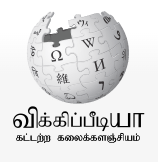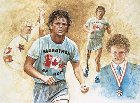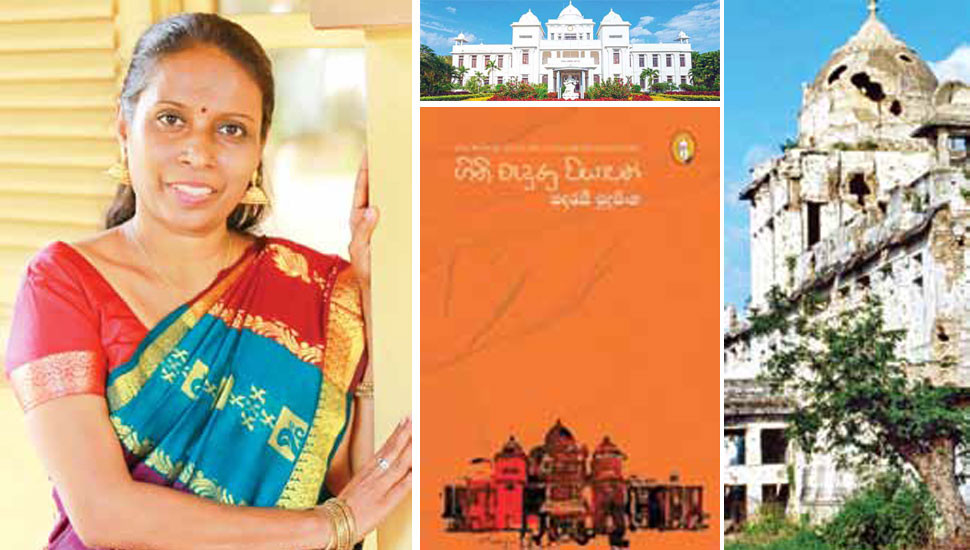 'தேசபக்திக்கும் இனவாதத்துக்குமிடையிலான எல்லையினை நிர்ணயித்தல்' (Demarcating Patriotism and Racism ) என்னும் கட்டுரையினை 'சிலோன் டுடே' (Cedylon Today) பத்திரிகையில் அமா ஹெச். வன்னியராச்சி ( Ama H. Vanniarachchy) எழுதியிருக்க்கின்றார். நல்லதொரு கட்டுரை. தற்போதுள்ள சூழலில் அனைவரும் வாசிக்க வேண்டிய கட்டுரை.
'தேசபக்திக்கும் இனவாதத்துக்குமிடையிலான எல்லையினை நிர்ணயித்தல்' (Demarcating Patriotism and Racism ) என்னும் கட்டுரையினை 'சிலோன் டுடே' (Cedylon Today) பத்திரிகையில் அமா ஹெச். வன்னியராச்சி ( Ama H. Vanniarachchy) எழுதியிருக்க்கின்றார். நல்லதொரு கட்டுரை. தற்போதுள்ள சூழலில் அனைவரும் வாசிக்க வேண்டிய கட்டுரை.
இக்கட்டுரை சிங்களக் கவிஞை சந்திரசிறி சுதுசிங்கவின் (Sandarasee Sudusinghe ) புதிதாக வெளியான கவிதைத்தொகுதியான 'எரிந்த சிறகுகள்' ('ஹினி வான்டு பியாபத்' - Gini Wandu Piyapath) பற்றியது.
இக்கட்டுரை இக்கவிதைத் தொகுதியை வாசிக்கும் ஆர்வத்தை ஏற்படுத்துகின்றது.
இக்கவிதைகள் இலங்கையில் இன்னும் நீறு பூத்த நெருப்பாக எரிந்துகொண்டிருக்கும் இனப்பிரச்சினை, பதவிக்காக இனவாதத்தைத் தேசபக்தி என்னும் போர்வையில் பேசும் அரசியல்வாதிகள், யாழ் நூலக எரிப்பு , தீண்டாமை மற்றும் வரதட்சணைச் சமூகக்கொடுமைகள் போன்றவற்றை மிகவும் கடுமையாக விமர்சிக்கின்றது என்பதை இக்கட்டுரைவாயிலாக அறிந்துகொள்ள முடிகின்றது.
பதவிக்காக தேசபக்தி என்னும் போர்வையில் இனவாதம் பேசும் ஆட்சிக்கட்டிலிருக்கும் அரசியல்வாதிகளை 'ஆளும் நரிகள்' என்று கவிஞை வர்ணிக்கின்றார் என்பதையும், அந்நரிகளே சொர்க்கத்தீவின் சீரழிவுக்குக் காரணமென மேலும் அவர் குற்றஞ் சாட்டுகின்றார் என்பதையும் மேற்படி கட்டுரை வெளிப்படுத்துகின்றது.
கவிஞை சந்திரசிறி சுதுசிங்கவின் மேற்படி கவிதைத் தொகுதி (110 கவிதைகளைக் கொண்டது) விரைவில் தமிழில் வெளிவருமென்று எதிர்பார்ப்போம்.
ஆங்கிலக் கட்டுரையினையும், அதற்கான இணைப்பினையும் கீழே தந்துள்ளேன். ஆர்வமுள்ளவர்கள் வாசியுங்கள்.
(Ceylon Today) Demarcating Patriotism and Racism By Ama H. Vanniarachchy | Published: 2:00 AM Sep 25 2021
The little paradise island of the Indian Ocean, also known as a precious little pearl, has been in the hands of demons for almost seven decades. The essence of this little paradise has been brutally sucked out and the remaining left out to dry by these demons. Who are these demons? Are they unseen, supernatural beings? No, they are the ones who rule that little paradise island. As poetess Sandarasee Sudusinghe says in her latest book, Gini Wandu Piyapath, they are the ruling-jackals (palaka kanahilun) of the land.
These ruling-jackals, power-hungry, would play any stunt to remain in power. As a part of their gruesome power game, they would even risk the lives of their subjects; the islanders. This is what exactly happened in the year 1981, when the Jaffna Library was set on fire, letting it burn down to ashes. This tragic shameless event, as Sudusinghe boldly says, was an act of those inhuman ruling-jackals. Racism in disguise of patriotism was the bait of these ruling-jackals.
Burning Wings
Published in 2021, Gini Wadunu Piyapath is a collection of 110 poems written by Sudusinghe. The book, is a rare attempt by any poet to be brutally honest about one true tragic incident that shook humanity, leaving an unforgettable deep wound, still burning, in the consciousness of the people of the island – the burning of the Jaffna Library. What I like the most about the poems is that they reveal the brutality of this incident and how it’s fumes are still burning, how no attempts were taken to extinguish the fire, and how it was a shameful act of the country’s dirty politics. Sudusinghe’s boldness and dedication to humanity touched my heart.
Brutally honest
Through 110 beautifully composed poetic and emotional poems which are presented through five chapters, Gini Wadunu Piyapath takes the reader on a tragic journey. I also loved how her poems ripped the myth of disguised patriotism that is deceivingly worn by politicians, which in reality is just hatred, greed for power, and racism. Maybe I said a little too much about the theme of the book. I suggest you read all 110 poems to make your heart weep in great grief and feel heavy with guilt and shame and at the same time, fear for your fate in the hands of the ruling-jackals.
As Sudusinghe hints, gruesome and brutal acts such as the burning of the Jaffna Library could happen again, as this is all about the power game of politicians. As long as racism shines, they will enjoy power. When the fumes of racism and hatred are gone, and peace and unity come, no jackals shall be in power. Sudusinghe fiercely questions, how fair is it to punish books that are helpless and defenceless for something they have never done? She also questions why no attempt was made to heal the deep wounds caused by this brutal event, in the consciousness of the Tamil community as an attempt at peace and reconciliation.
It also takes you on a journey revealing the birth, the growth, and the destruction of the Jaffna Library enlightening you about many facts that are not known by the masses. Sudusinghe through her fiery writing questions us on many things that we today sadly embrace as culture, blind faith, and politics. She questions, is development all about tall skyhugging buildings? How fair was it to kill people during the JVP riots? She also hints at how baseless the caste system that divides people is, and how fair is it to kill people in the name of religion? She also challenges patriarchy by questioning customs such as dowry and the black dress some women are forced to wear covering their entire body in the name of culture.
Lamentation of the library
Out of all the 110 poems, poem Number 101 is shockingly painful. It filled my eyes with tears. An agonising feeling of guilt filled my heart. This poem is written as a lamentation of the library. Father David, who couldn’t bear the sight of the burning library, embraced death out of a broken heart. Poem Number 81, portrays how the heart of Jeyapalan (a Tamil poet in Jaffna), beaten with unbearable agony and hurt, witnessed the burning library on that fateful night. These poems reveal how the flames of the burning library burnt the hearts of the Tamil community of Jaffna.
Rising from the ashes
The Jaffna Library, I felt, is like a Phoenix. It rose back to life from ashes, after a painful death. Today, it stands tall and proud as a landmark of our history, reminding us of its tragic past, silently, telling us that ‘cultural heritage’ should not be a victim of racism, violence, and terror. It also symbolises a tragic past that we all purposefully choose to ignore, instead of addressing issues and finding ways to heal wounds.
I think Gini Wadunu Piyapath is a timely book that makes us understand that there is a grave difference between patriotism and racism, although in many instances they appear to confuse and mislead us. Sudusinghe reminds us of the importance of understanding this and embracing humanity and compassion regardless of religion, race, caste, gender, and politics. Gini Wadunu Piyapath is also a rare poetry book that is written in a research-based perspective, focusing on one single historic event and its social and political background.
The poetess
Sudusinghe is an archaeologist, journalist, writer, and poetess. She has written and published five books and Gini Wadunu Piyapath is her sixth book. A past student of Matara Mahamaya Girls’ School, Sudusinghe is a graduate of the University of Peradeniya. After completing her Bachelor’s degree in Archaeology, she became the recipient of the Maulana Asad Postgraduate Degree Scholarship and went to study Communication and Journalism at the Mysore University in India.
She has also completed her Masters in Science from the Postgraduate Institute of Archaeology. She is currently studying for her Masters in Library Science at the University of Colombo. Her many travels in foreign lands and exposure to other cultures may have influenced her broad thinking and vision as a poetess.
Courtesy: https://ceylontoday.lk/news/demarcating-patriotism-and-racism?fbclid=IwAR2j2Hw3E_R3RPknxwgjMzEAMubKw_trJoS2jT2IIDwIG_0B1h3ZCCfo4Po

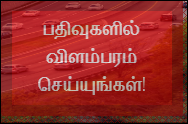
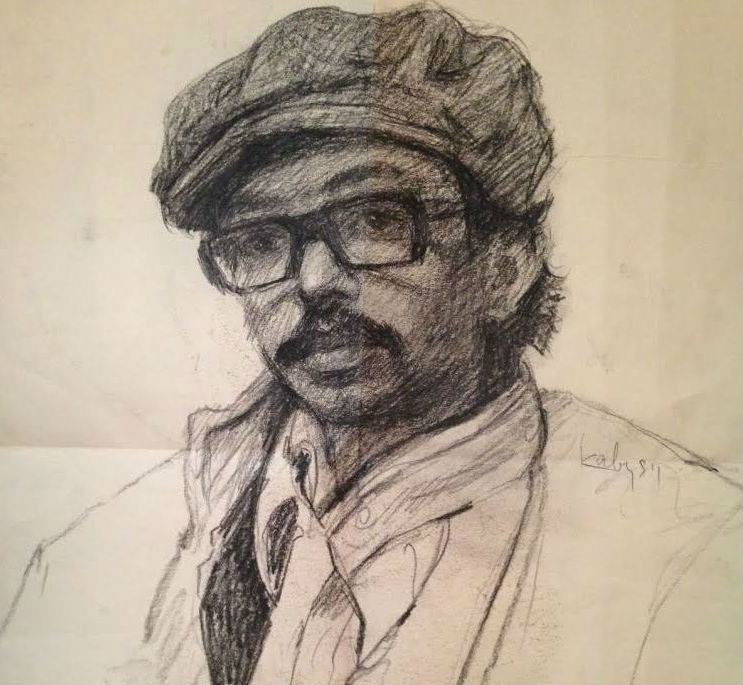
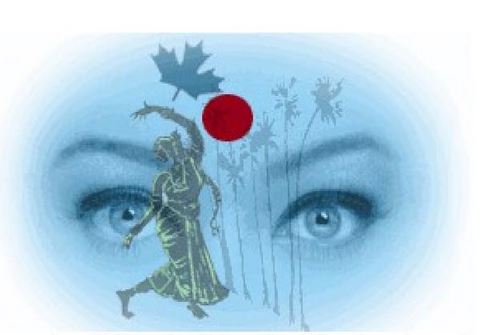 பதிவுகள். காம் மின்னூல் தொகுப்புகள்
பதிவுகள். காம் மின்னூல் தொகுப்புகள் 

